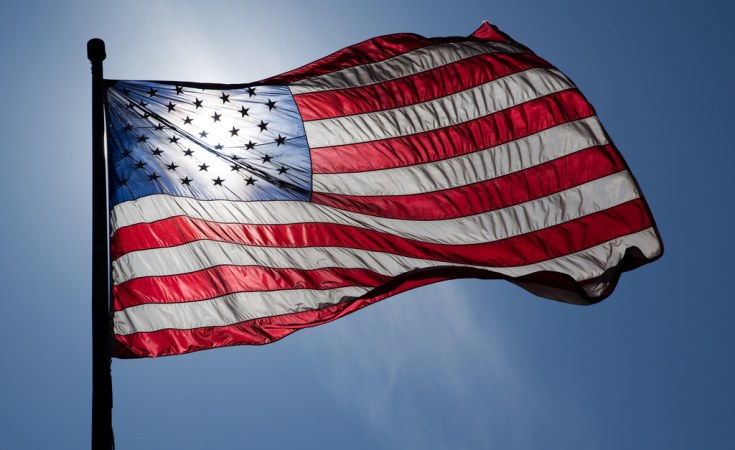"These individuals have been involved in intimidation of voters through threats and physical violence, the manipulation of vote results ..."
The United States on Monday announced that it had taken steps to impose visa bans on persons who disrupted the recent general elections in Nigeria.
In a statement on the US State Department website, Secretary of State Antony Binken said "the United States is committed to supporting and advancing democracy in Nigeria and around the world. Today, I am announcing that we have taken steps to impose visa restrictions on specific individuals in Nigeria for undermining the democratic process during Nigeria's 2023 elections cycle."
He clarified that the visa ban is specific to certain individuals and is not directed at the Nigerian people or the Government of Nigeria as a whole.
According to the statement, these individuals, under US Immigration and Nationality Act, will be subject to restrictions on visas to the United States under a policy covering those believed to be responsible for, or complicit in, undermining democracy.
"These individuals have been involved in intimidation of voters through threats and physical violence, the manipulation of vote results, and other activity that undermines Nigeria's democratic process," Mr Blinken said.
The decision to take steps to impose visa restrictions, he said, reflects the continued commitment of the United States to support Nigerian aspirations to strengthen democracy and the rule of law.
However, the US did not name the Nigerians affected by the latest visa ban although some Nigerians including controversial Lagos bus transport chief, Musiliu Akinsanya, popularly known as MC Oluomo, were caught on video threatening potential voters.
Nigeria's most recent elections were held on 25 February and 18 March for federal and state elections respectively. The process was fraught with a number of irregularities including pockets of violence in different parts of the country.
The presidential election, held on 25 February, produced Bola Tinubu as president-elect. He will be sworn in on 29 May although his two main opponents are challenging his election in court.


